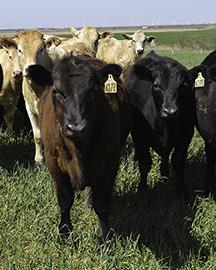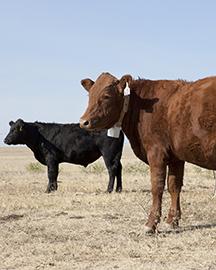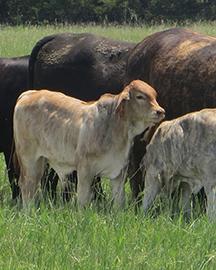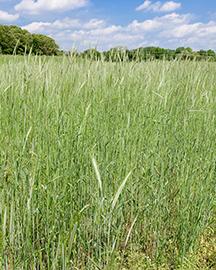Diesel Fuel Gets A Boost From Tung Oil
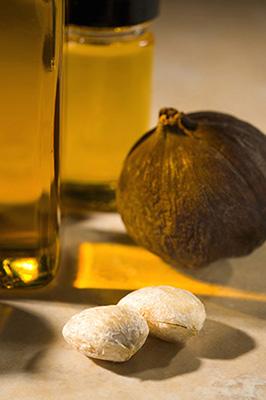
ARS scientists in the Bio-Oils Research Unit in Peoria, IL, successfully used tung oil as the starting material for a new additive to improve the performance of diesel fuel. Tung oil, a natural oil perhaps best known to woodworkers, has a molecular structure that allows it to be modified in specific reactions with certain chemicals. The resulting formulation can be added to diesel fuel to increase its engine-lubricating ability.
Poor engine lubrication is a common problem that results from the ultra-low-sulfur diesel fuel now required in the United States, Europe, and elsewhere. Low amounts of the new additive were found to be as effective as 20-40 times the amount of traditional additive, biodiesel. It is also less costly than a biodiesel additive, both in terms of actual cost and amount required. In addition, tung oil is a renewable resource, and since it’s not an edible oil, there is no concern about food-fuel competition.






